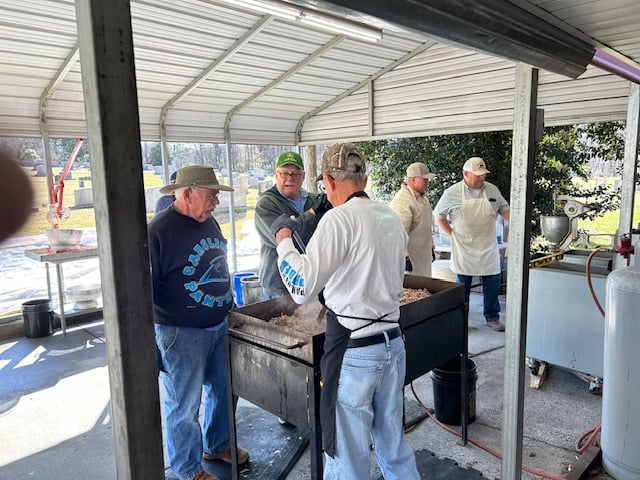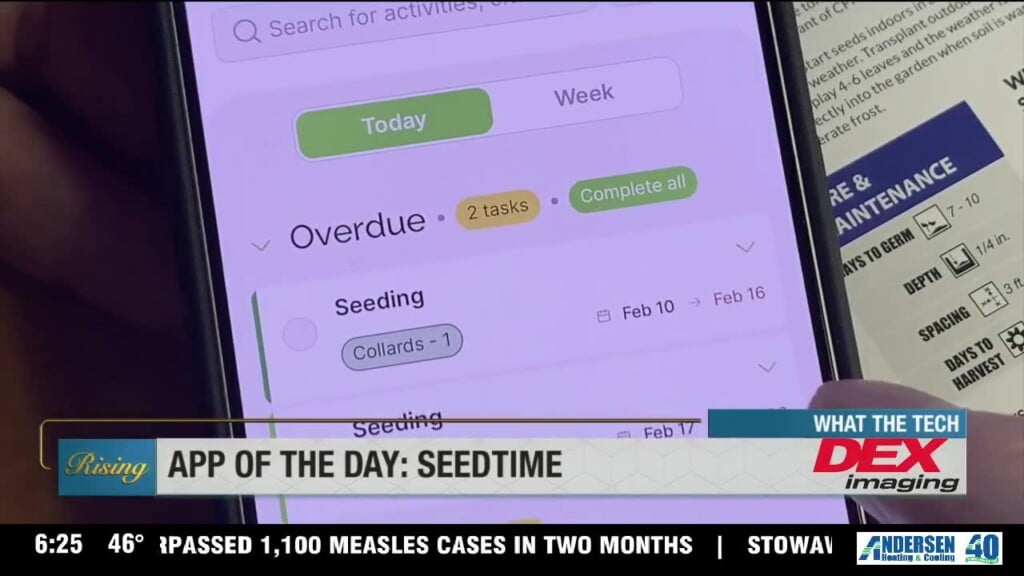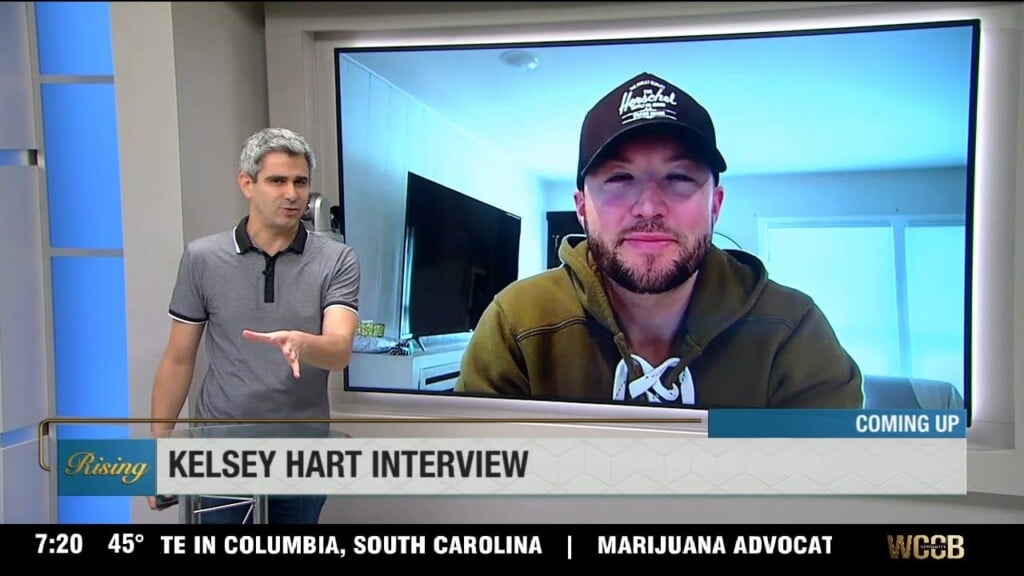CHARLOTTE, N.C. — LGBTQ+ community organizations announced in a news conference on Wednesday that they would come together to commit $10,000 to immediately support the emergency relief needs of Black transgender women in Charlotte.
Officials say this commitment comes after the two local murders of Black trans women, Jaida Peterson and Remy Fennell, that further highlighted Charlotte’s status as one of the nation’s deadliest cities for transgender and gender-nonconforming people.
Officials with the Campaign for Southern Equality, Charlotte Pride, Equality N.C., and Transcend Charlotte came together to provide the $10,000 to support housing, food, and other emergency needs in light of the recent tragedies.
These organizations are asking community members to match their commitment with an additional $10,000, and officials say all funds raised will be directed to Charlotte Uprising, Feed the Movement, and House of Kanautica (organizations who are currently providing direct services to Black trans women in the Charlotte community).
Donations can be made either through Equality N.C. here or Charlotte Pride here.
“This city is not safe for trans folk and Charlotte has been an epicenter of violence against Black trans people for years,” says Nada Merghani (they/them), programs manager for Charlotte Pride and co-founder of Feed The Movement. “This crisis did not start a few days ago with the murder of Jaida and Remy, who should still be here today, and it will not end with the apprehension of two of the many killers and perpetrators of violence against Black trans women and girls. We must acknowledge this crisis of transphobia and begin working collectively to support them and provide true pathways for personal safety, upward mobility, and economic stability.”
Charlotte currently ranks as the second deadliest city in the nation for transgender and gender-nonconforming, according to the Human Rights Campaign.
According to the National LGBTQ Task Force, transgender and gender-nonconforming people are also subjected to a wide variety of inequities and discrimination in daily life.
“Being a Black trans woman in America means you’re far more likely to experience inequities and prejudice, including extreme poverty and system, state-sanctioned violence and murder,” says Rebby Kern (they/them), director of education policy for Equality NC. “The Black transgender and gender-nonconforming community experiences unemployment twice as a high as the rate for non-Black transgender people and four times as high as cisgender people. They experience houselessness at a rate five times higher than cisgender people and experience poverty at a rate eight times higher than cisgender people. We’re calling on Charlotte’s community to come together to support and protect Black trans women — who deserve joy, celebration, and support to continue living out personal realities which lead them to economic mobility, personal safety, and finally finding home in community.”
During the news conference, LGBTQ+ organizers also called out the larger systemic changes needed to create safer communities for transgender and gender-nonconforming people.
“We call for further action beyond identifying Jaida’s and Remy’s murderers — true justice does not come with arrests or guilty verdicts,” says c. Michale (ze/zim/zir) of the House of Kanautica and Charlotte Uprising. “We ask that misused funding for police be redistributed to pay for safer housing options and access to adequate and affirming healthcare for Black trans women in our community. Lowering barriers to accessing housing, gender-affirming healthcare, and employment is the solution to ending systemic violence against the trans community.”




